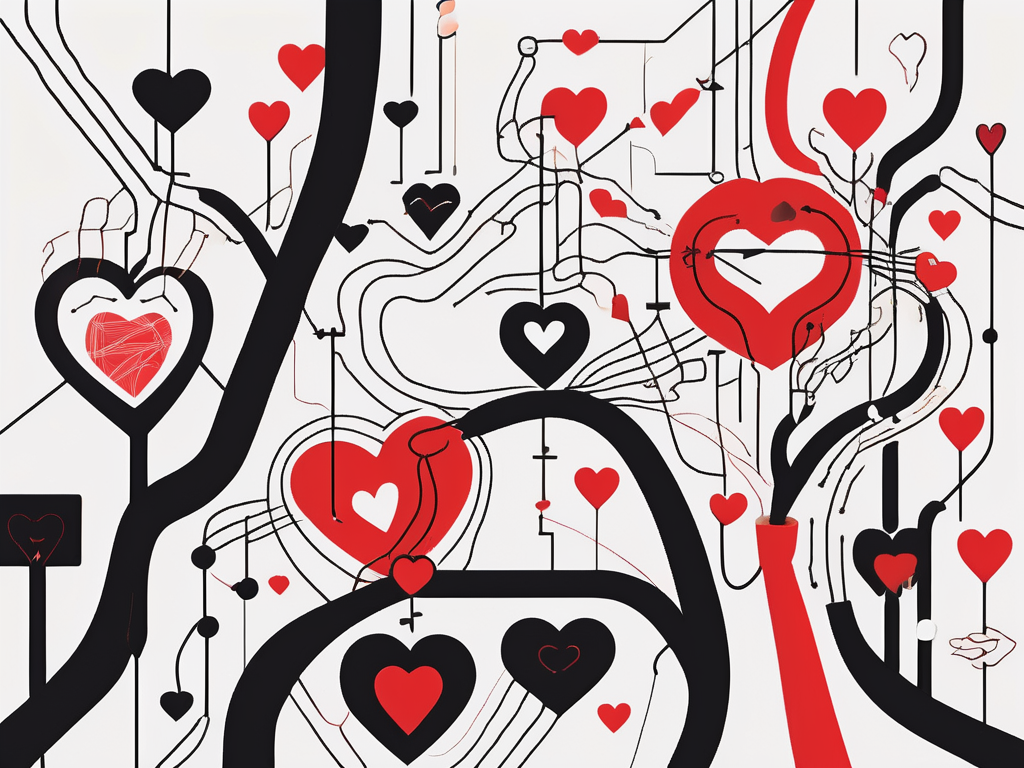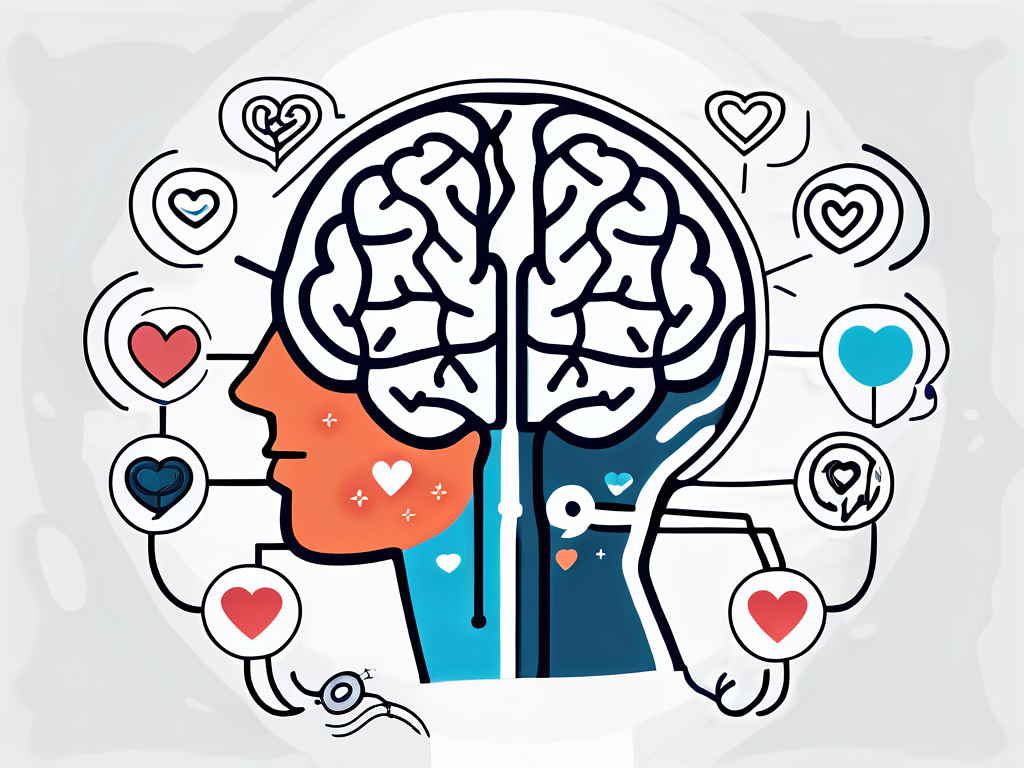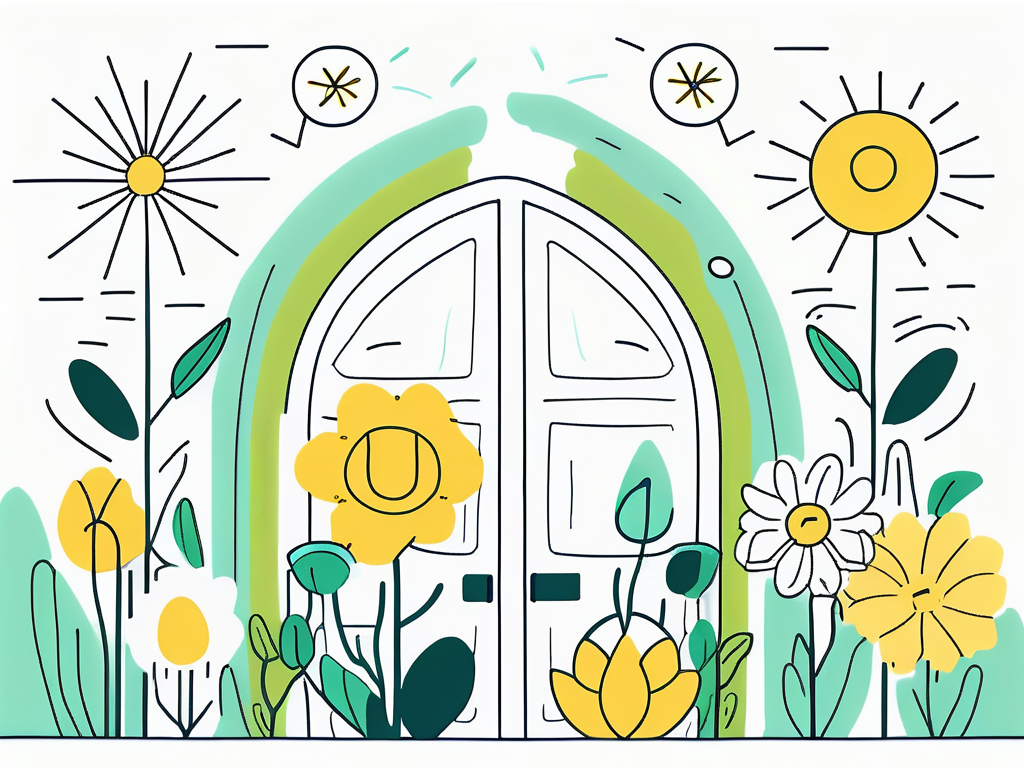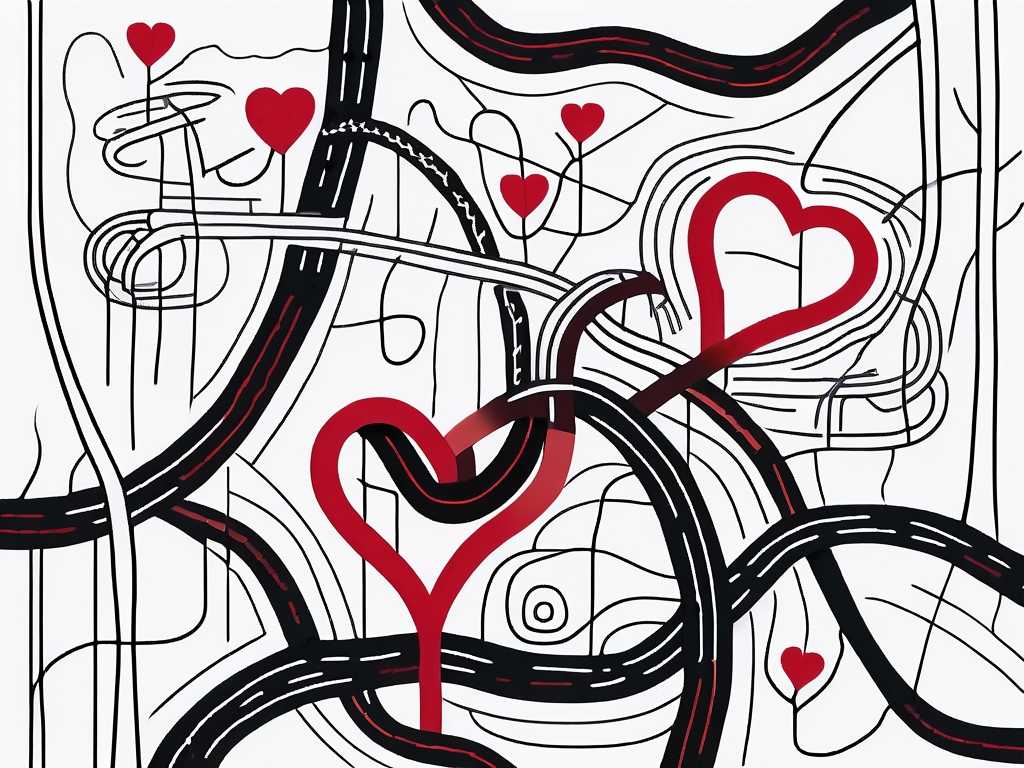
In today’s hookup culture, where relationships and sexuality often intersect in complex ways, “hookup therapy” has emerged as an antithesis.
Hookup therapy serves as a therapeutic approach to help individuals navigate the tangled web of modern relationships, emotional connections, and sexual encounters.
In this guide, we’ll explore hookup therapy, its benefits, challenges, and much more.
Defining Hookup Therapy
The Meaning of Hookup Therapy
Hookup therapy can be defined as a specialized form of therapy aimed at addressing the unique emotional and psychological challenges that arise from casual sexual relationships.
Unlike traditional therapy, which often focuses on long-term goals, hookup therapy focuses on immediate experiences. With the rise of hookups on Tinder (and similar apps), this practice helps individuals manage their feelings and experiences effectively.
Therapists guide clients in understanding their motives for engaging in these hookups and the emotional ramifications that may follow. By exploring themes such as self-esteem, attachment styles, and communication skills, clients can gain insight into their behaviors and make more informed choices about their intimate lives.
Furthermore, hookup therapy often incorporates discussions about consent and boundaries, emphasizing the importance of mutual respect in casual encounters. This aspect is crucial, as it empowers individuals to navigate the complexities of their relationships with confidence and clarity, fostering healthier interactions.
The Evolution of Hookup Therapy
The concept of hookup therapy has evolved over the past few decades, especially as societal norms regarding relationships have shifted. Once considered taboo, casual relationships have become widely accepted. This change has necessitated the development of therapeutic practices tailored to meet these new realities.
Initially, many therapists avoided discussing casual relationships, fearing they might encourage irresponsibility. However, the general acceptance of diverse relationship styles prompted a reevaluation. Today, professionals increasingly recognize the need for a framework supporting those engaging in hookup culture. This evolution reflects a broader cultural shift towards understanding and embracing individual autonomy in sexual expression.
As hookup therapy continues to gain traction, it also intersects with discussions on mental health and well-being. Therapists are now more equipped to address issues such as anxiety, depression, and loneliness that may arise from casual encounters. By providing a safe space for clients to explore these feelings, therapists can help individuals develop coping strategies and resilience, ultimately leading to a more fulfilling and balanced approach to their sexual and emotional lives.
The Psychological Aspects of Hookup Therapy
The Role of Emotional Intelligence in Hookup Therapy
Emotional intelligence plays a pivotal role in hookup therapy. Individuals with high emotional intelligence tend to navigate their feelings more effectively. They can articulate their desires, boundaries, and fears regarding casual encounters.

Therapists emphasize developing these skills to help clients process their experiences and maintain their mental well-being. Emotional intelligence encourages self-awareness and fosters healthier relationships, reducing the likelihood of disappointment and anxiety associated with casual hookups.
Moreover, emotional intelligence also aids in recognizing and interpreting the emotions of others, which is crucial in casual relationships.
By understanding the emotional cues of partners, individuals can avoid miscommunication and potentially hurt feelings. This heightened awareness can lead to more respectful and consensual interactions, ultimately enhancing the quality of shared experiences between partners.
As clients learn to navigate their emotional landscapes, they cultivate a deeper sense of empathy, which can transform their approach to both casual and committed relationships.
The Impact of Hookup Therapy on Mental Health
The mental health implications of engaging in hookup culture can be profound. While some individuals find empowerment and enjoyment in casual encounters, others may struggle with loneliness or rejection.
Hookup therapy helps individuals unpack these feelings and contextualize their experiences. By addressing underlying issues such as self-esteem and attachment styles, clients can better understand how hookups affect their overall mental health. This type of therapy promotes a balanced view of sexuality, helping to mitigate adverse outcomes.
Additionally, hookup therapy often discusses societal expectations and pressures surrounding casual relationships.
Many individuals feel compelled to conform to a specific narrative about what it means to be sexually liberated or desirable, which can lead to internal conflict and anxiety. By exploring these societal constructs, clients can gain clarity on their values and desires, empowering them to make choices that align with their true selves rather than societal norms.
This process supports mental health and fosters a sense of agency, allowing individuals to engage in hookup culture on their terms rather than feeling dictated by external influences.
The Benefits of Hookup Therapy
Enhancing Self-Understanding Through Hookup Therapy
One of the primary benefits of hookup therapy is the opportunity for enhanced self-understanding. Through counseling, individuals understand their motivations and emotional responses to casual relationships.

This self-awareness can lead to greater confidence in personal interactions and making choices that align with one’s values. Understanding oneself better can reduce feelings of confusion and emotional turmoil often associated with hookup culture.
Furthermore, this journey of self-discovery can illuminate patterns in past relationships, helping individuals recognize recurring themes or behaviors that may have hindered their emotional well-being.
By identifying these patterns, clients can actively work to change them, fostering healthier interactions in the future.
The Role of Hookup Therapy in Relationship Building
Contrary to popular belief, hookup therapy can significantly foster positive relationships. Individuals can engage in healthier, more meaningful connections by understanding the intricacies of their feelings and experiences.
Clients often learn to communicate their expectations and boundaries effectively. This not only prevents misunderstandings in hookup scenarios but also lays the groundwork for more stable romantic relationships in the future. Additionally, therapy can provide tools for emotional regulation, enabling individuals to navigate the often tumultuous waters of dating with greater resilience.
As clients develop these skills, they may find themselves more equipped to handle rejection or disappointment, viewing these experiences as opportunities for growth rather than setbacks. This shift in perspective can significantly enhance their overall dating experience, making it more fulfilling and less fraught with anxiety.
The Challenges and Criticisms of Hookup Therapy
Ethical Concerns in Hookup Therapy
Despite its benefits, hookup therapy faces ethical concerns. Critics argue that it may inadvertently legitimize behaviors that some consider harmful or irresponsible. Engaging with therapists who may have differing views on casual relationships can create ethical dilemmas.

Additionally, the potential for therapists to have biases based on their personal experiences or societal norms can complicate the therapeutic process. A balanced perspective is essential in addressing these concerns within the therapeutic framework. It is crucial for therapists to maintain a non-judgmental stance, ensuring that they provide a safe space for clients to explore their feelings and experiences without fear of condemnation. This requires ongoing training and self-reflection on the part of the therapist, as they must navigate their own beliefs while fostering an environment conducive to open dialogue.
Potential Risks and Misunderstandings in Hookup Therapy
Engaging in hookup therapy also comes with its set of risks. Misunderstandings can easily arise if individuals misinterpret the therapy’s intent. Some may see it as an endorsement of casual relationships rather than a pathway for self-exploration and emotional growth.
Moreover, there’s the potential for clients to remain in unhealthy sexual patterns, mistaking therapeutic discussions as validation of their lifestyle choices without developing critical emotional skills. It’s vital that therapists guide clients toward personal growth rather than merely reinforcing existing behaviors. This involves helping clients to cultivate self-awareness and emotional intelligence, allowing them to recognize patterns that may be detrimental to their overall well-being. By fostering a deeper understanding of their motivations and desires, clients can learn to navigate their relationships more effectively, ultimately leading to healthier interactions and a more fulfilling emotional life.
The Future of Hookup Therapy
Emerging Trends in Hookup Therapy
As societal attitudes toward relationships continue to evolve, so too does hookup therapy. Emerging trends indicate a growing recognition of the need for specialized therapeutic frameworks to address casual relationships. Schools of thought are increasingly integrating discussions of hookup culture into mainstream therapy.
Therapists are now more equipped to address the complexities of modern relationships through targeted training and research. This shift reflects a broader understanding of human sexuality and relationship dynamics. Notably, there is a rising emphasis on the importance of consent and communication, which are essential components in navigating the often ambiguous nature of casual encounters. Workshops and seminars focusing on these topics are becoming commonplace, allowing individuals to explore their feelings and boundaries in a safe environment.
The Role of Technology in Hookup Therapy
Technology plays a crucial role in the future of hookup therapy. With the rise of dating apps and online platforms, the landscape for casual encounters has transformed dramatically. This evolution presents new challenges and opportunities.
Therapists are utilizing technology to enhance their practices, including online therapy sessions and virtual support groups. Furthermore, digital resources offer valuable insights and tools for individuals navigating hookup culture, leading to a more informed and prepared clientele. Mobile applications specifically designed for mental health support are emerging, providing users with instant access to coping strategies and self-assessment tools. These resources empower individuals to reflect on their experiences and make informed decisions about their relationships, fostering a proactive approach to emotional well-being.
Additionally, the anonymity that technology offers can encourage more open discussions about personal experiences and feelings related to hookups. This can lead to greater self-discovery and a deeper understanding of one’s desires and boundaries, ultimately contributing to healthier interactions. As therapists continue to adapt to these technological advancements, they are better positioned to guide clients through the complexities of modern dating, ensuring that emotional health remains a priority in an ever-evolving landscape.
Discover the Truth Behind Your Partner’s Online Presence
In modern dating and hookup culture, it’s essential to have clarity and peace of mind about your relationships. If you’re grappling with uncertainties about your partner’s fidelity, especially within the digital dating landscape, Cheaterbuster is here to help. As the definitive solution to uncover hidden Tinder profiles, Cheaterbuster empowers you with the knowledge you need to make informed decisions about your relationship. With our new facial recognition feature, even the most discreet profiles can’t hide. Don’t let doubt cloud your emotional well-being. Find anyone on Tinder today and take control of your love life.






